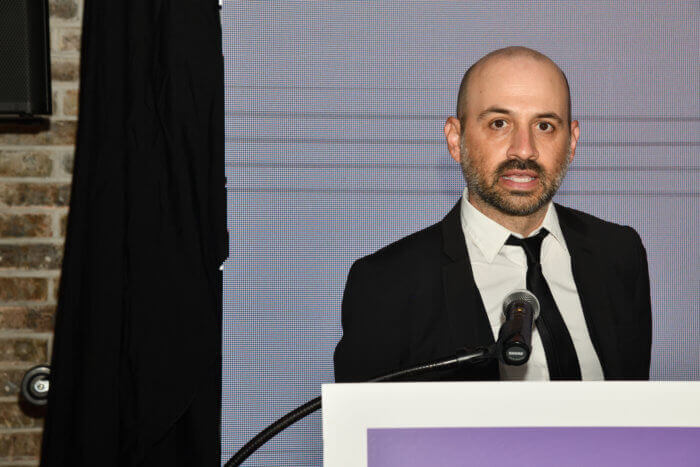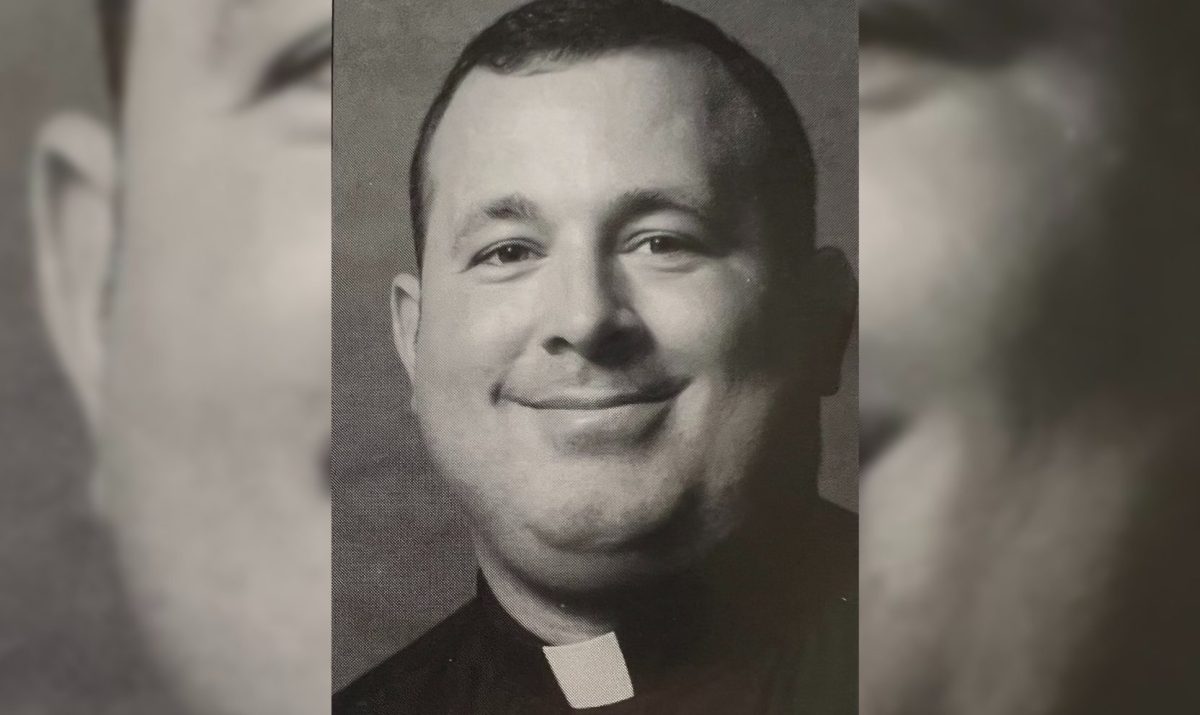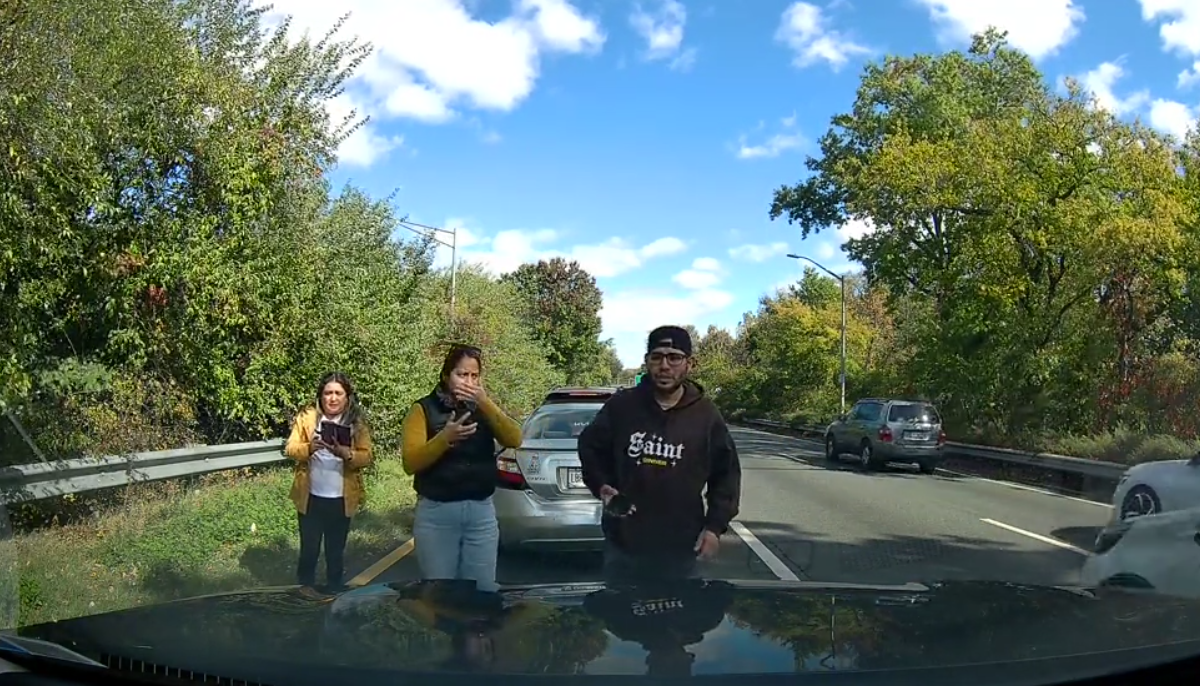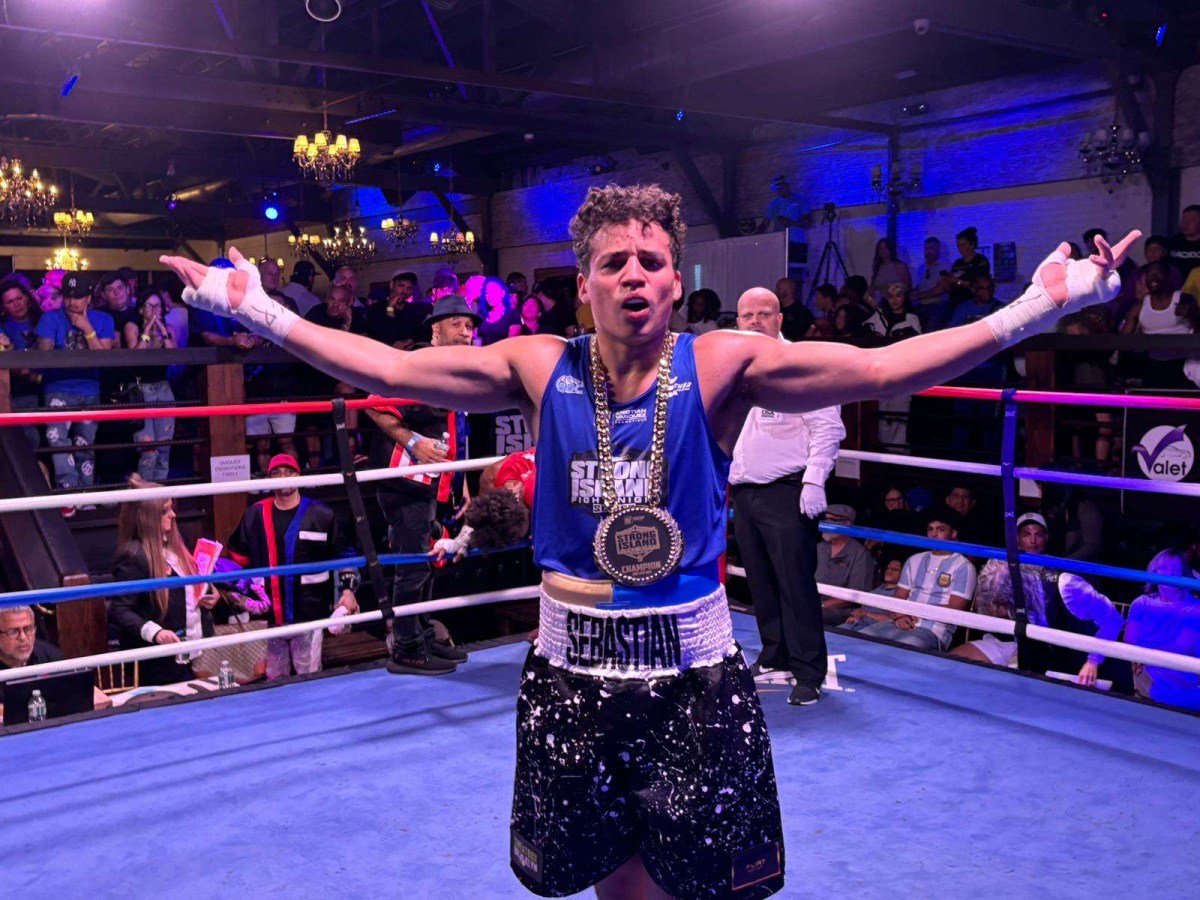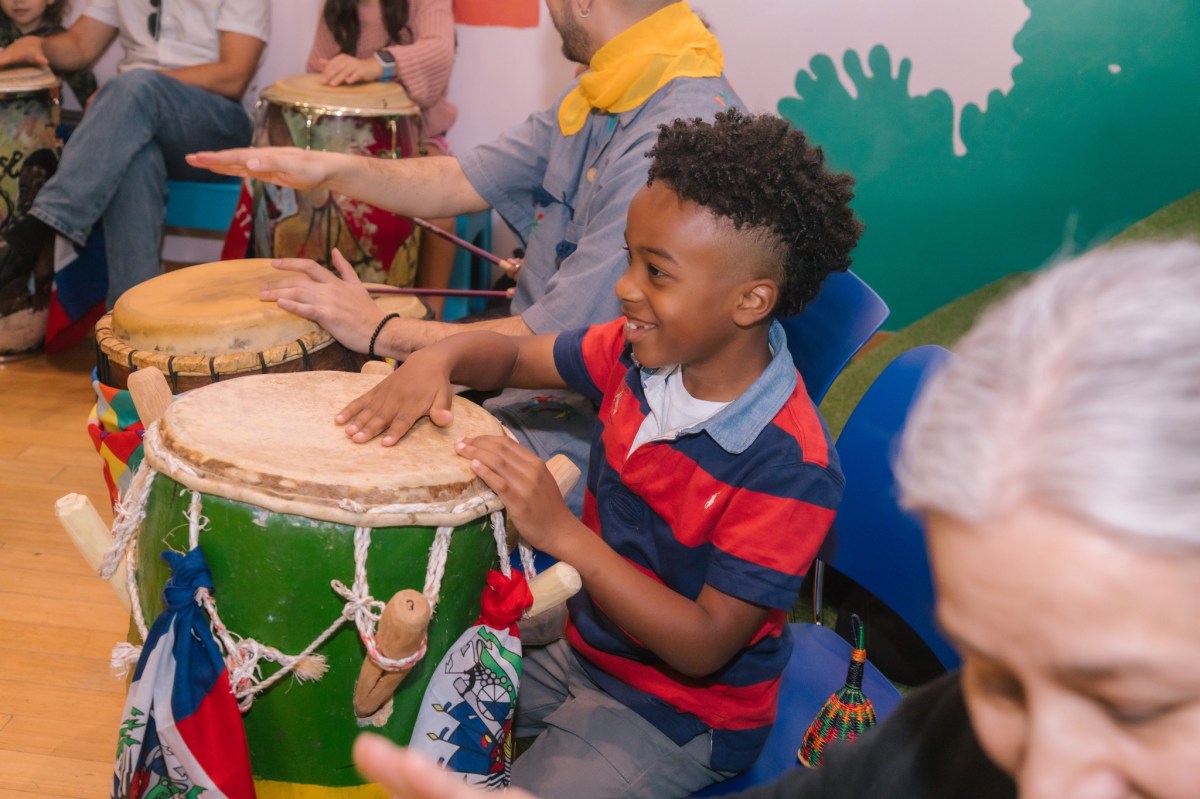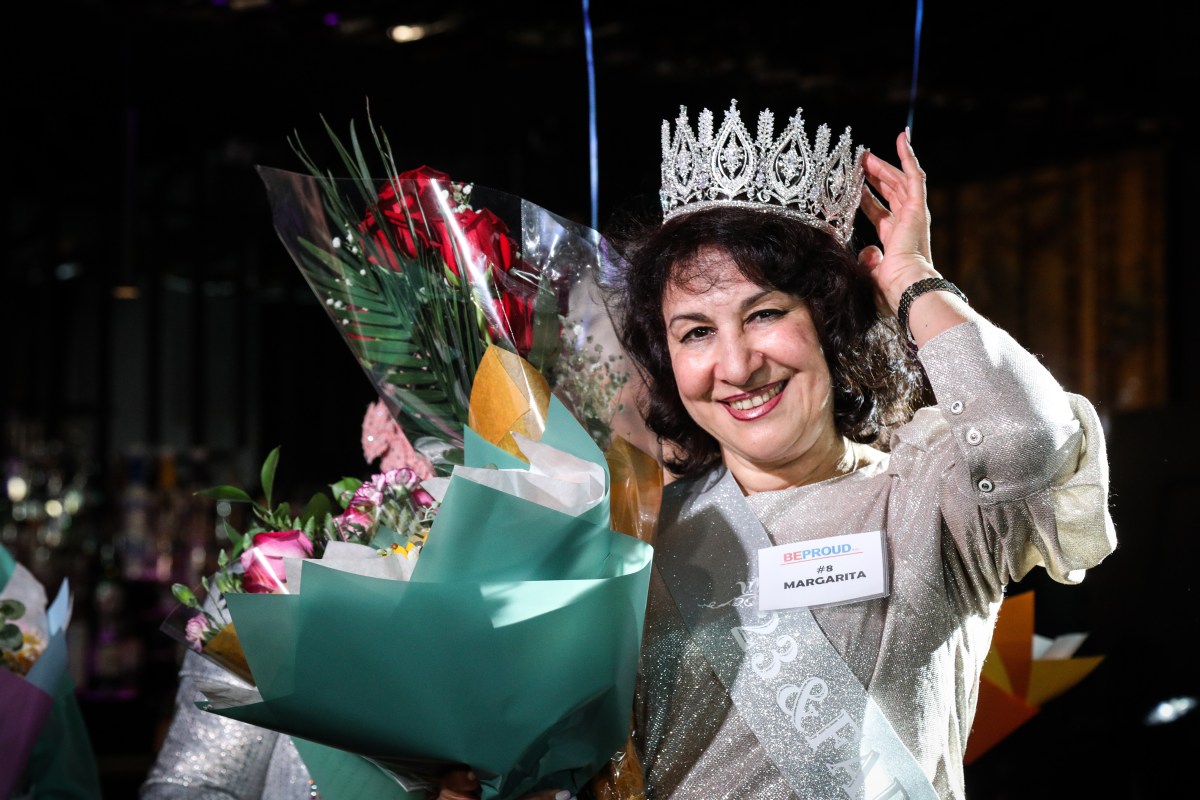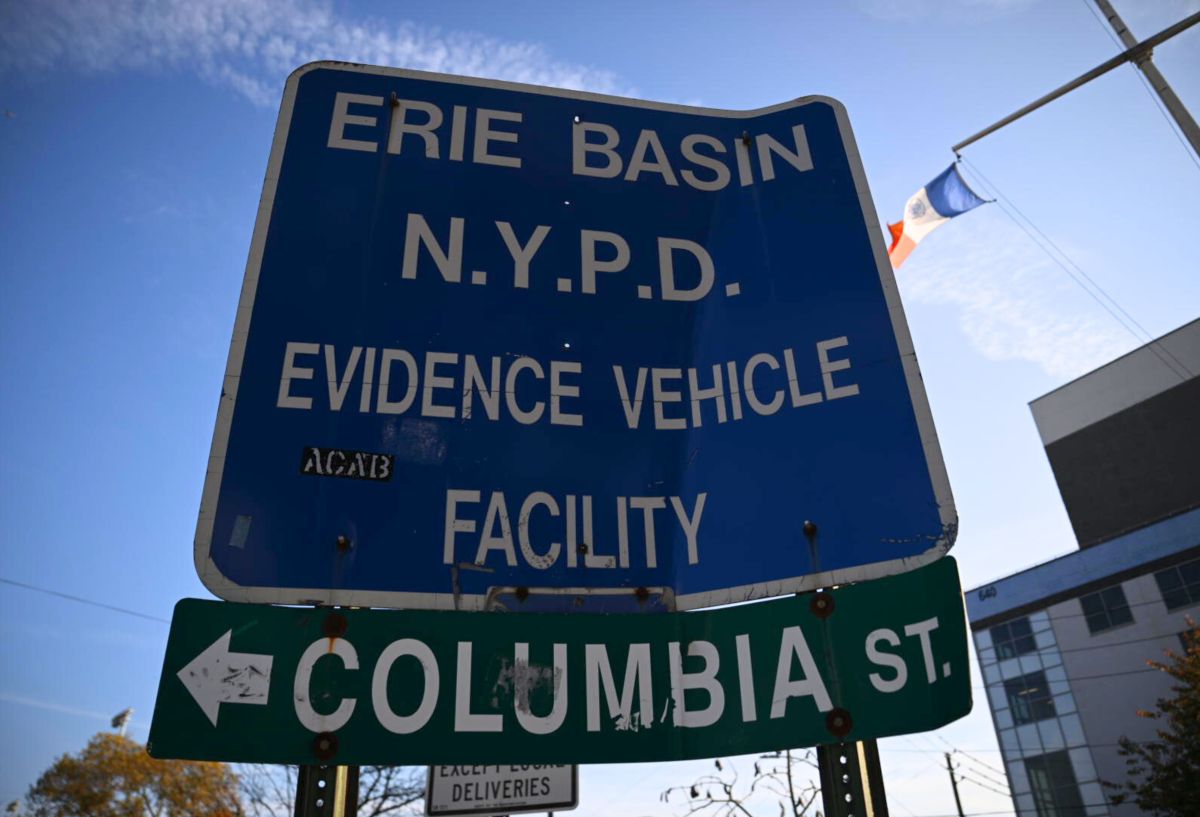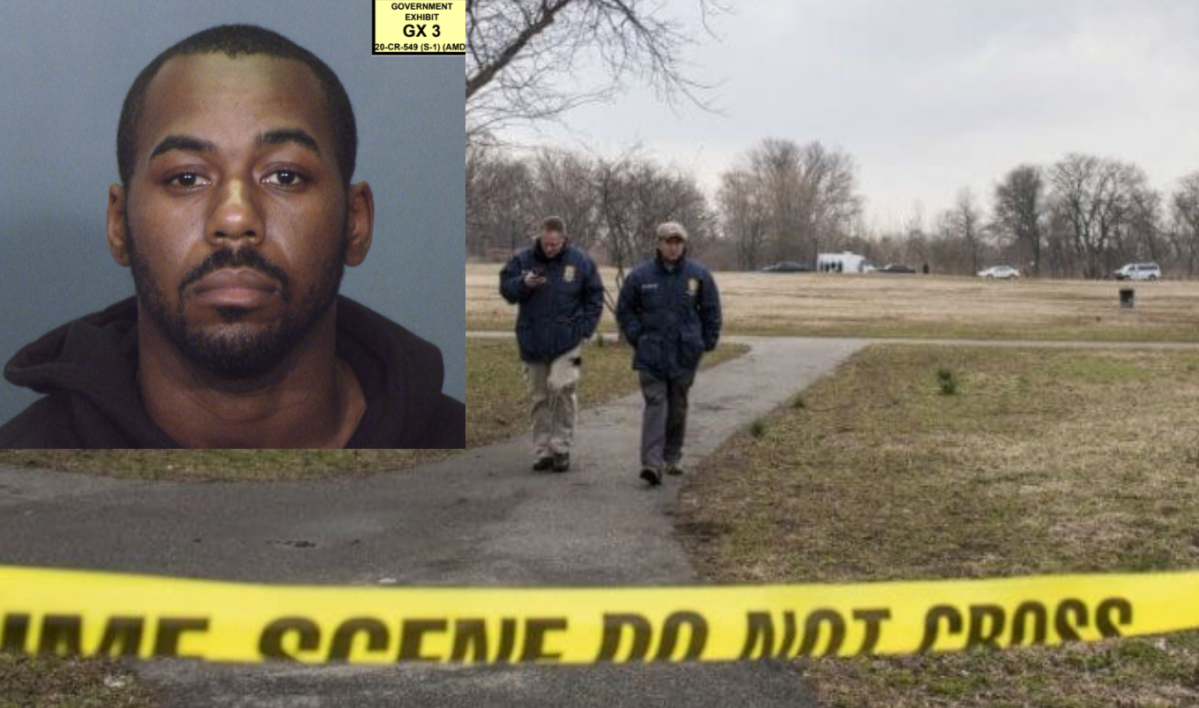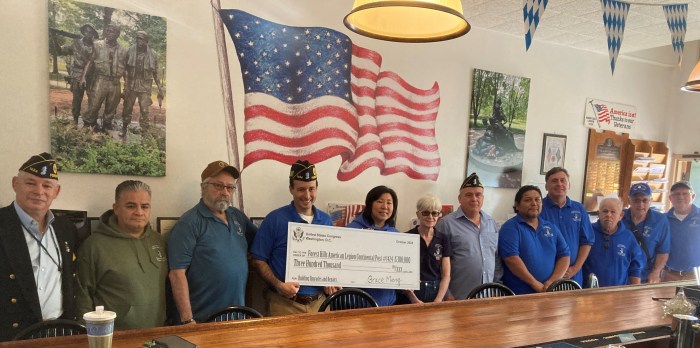
It may soon get easier for low-level offenders in the Bronx to avoid unnecessary criminal records.
Bronx resident Tomas Ramos knows how unforgiving the criminal justice system can be, having been arrested several times and spent time in jail for fighting. Now he is devoted to helping others and promoting a program that helps arrestees avoid the system entirely.
Ramos is one of more than 70 individuals who have undergone training to serve as facilitators in the Project Reset: Bronx Community Justice program — a program designed to divert low-level offenders away from the legal system, instead offering them an alternative discussion space focused on illuminating how crimes affect the community as a whole. The program, which is run by the Center for Court Innovation, first launched in a few police precincts in the borough in May 2018. Leaders plan to expand to the whole of the Bronx next month.
"The school-to-prison pipeline is real. I’ve seen that firsthand, and I’ve seen it in our communities," said Ramos, 32, the director of the Bronx River Community Center and one of the first to complete the training to lead the restorative circles. "Once you get arrested, the statistics show you’re more likely to get arrested again. This program gives a chance for participants who allegedly made a mistake."
Project Reset, which is also offered in a small area of Brooklyn and parts of Manhattan, is available to those who have been arrested for crimes such as criminal mischief, criminal possession of marijuana in smaller amounts, and theft of services, or fare evasion. Initially, the program was only open to first-time offenders, according to the Bronx District Attorney’s office, but it will now be offered to anyone who has been arrested and was issued a desk appearance ticket for a low-level offense.
Each session is made up of a facilitator and at least one community member, as well as participants who had been arrested. By participating in just one session — sessions often last a few hours, though they vary in length — the person avoids going to court completely and does not receive a criminal record.
"You can avoid all of the potential collateral consequences of going to court or missing a court appearance," said Aaron Charlop-Powers, the Deputy Director of Early Diversion and Strategic Projects at the Center for Court Innovation. "We’re trying to change the frame from punishing someone for what they did to actually thinking differently about what went on and the facts that led to it."
A total of 56 people completed the program during the pilot, Charlop-Powers said. As a result, he said the DA declined to prosecute their cases. The most common crimes participants have been arrested for are petit larceny, criminal trespass, criminal mischief, he said.
"Between TV and personal experience or friends and family, the reach of the law is pretty long in the Bronx. The people of the Bronx understand the role of prosecutors and police in their lives," he added. "And the idea that this program exists … I think a lot of people initially are just struck that this is a way they can resolve their case. I think they feel heard, they feel respected. We would argue that process stands a better chance of holding up over time."
Bronx District Attorney Darcel Clark said in a statement that this program gives people the chance "to move on with their lives without fear of repercussions when seeking employment, applying for loans, housing and education opportunities," and added that she hopes it "serves as role model of grassroots criminal justice reform.”

Carmen Facciolo, the deputy chief of strategic enforcement for the DA’s office, said the expansion of the program is expected to affect thousands of people in the borough.
"These individuals who are cycling through the criminal justice system are often times much older, have longer criminal histories and have more intense service needs. So we needed to build on the pilot and expand it so that all people in the Bronx who are arrested for these low level charges have access to the [program]," Facciolo said, adding that having an arrest history can have a snowball effect on someone’s life. "We want to stop those collateral consequences."
Hunts Point resident Infinitae Stockton, 33, volunteers as a community member in the circles and said the role demands a serious commitment.
"It’s very personal and intimate. We offer up our experiences, we offer up our time and our energy," said Stockton. "You’re not just a number, like a docket number when you’re in that courtroom… we offer up a large part of our souls. We were all shocked at how drained we were the last time, but everyone cried. I’ve never been in a space where someone didn’t tell a story that someone needed to hear."
For Ramos, who has been charged with misdemeanor assault and spent time on Rikers Island in the past, connecting with participants on a personal level makes all the difference.
"My approach is telling them my story so they can relate and open up a little bit," he said. "Sometimes our young people look at us like we’re outsiders … once I break down my story, then they start engaging."









